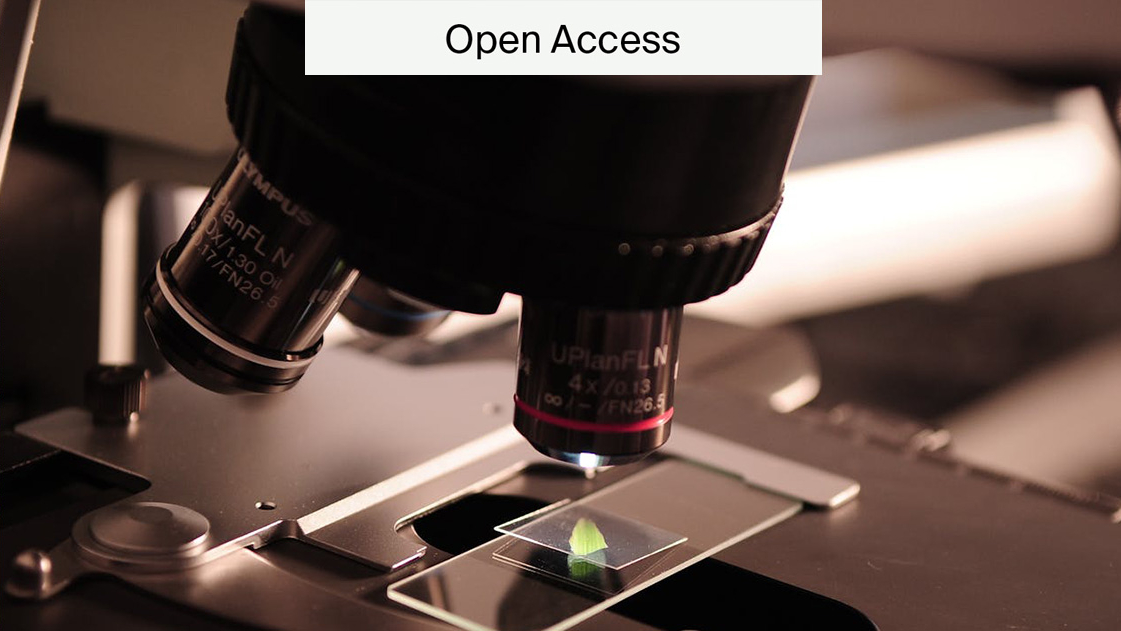
How does our gut health affect our mental health?
In recent years, the gut, and its effect on our health, has gained a lot of attention. The gut, or the gastrointestinal (GI) tract, is pivotal not only in digesting our food but also has a complex and expansive relationship with our brain. Thus, it has a profound effect on both our mental and physical health. The gut microbiome also plays a role in dictating how we feel.
In this article, we will discuss how the gut and brain are connected, and how the connection can impact our brain health.
The gut as a second brain
How is the gut and brain linked?
The gut and the brain are linked via a system of nerve complexes encompassed within the enteric nervous system (ENS) – the ner
The ENS is a large network of nerves populating the GI tract, with a staggering 200-600 million nerve cells organised in plexuses across its expanse. This is why the gut is often called the second brain. The ENS is then connected to the CNS via the Vagus and other major peripheral nerve pathways.
The ENS controls our digestion and is a branch of the peripheral autonomic nervous system – a part of the nervous system which we don’t consciously control. The autonomic nervous system also regulates other involuntary processes like breathing and heart rate, making it possible to carry out these essential actions when we sleep. The central nervous system (CNS) is the main feedback centre for the peripheral nervous systems and their branches, consisting of the brain and spinal cord.
The ENS-CNS link
The nerves of the ENS regulate the motor function of the gut whilst also providing essential feedback to the CNS regarding the status of the gut. In turn, the CNS provides feedback to the gut via different nerve pathways, although the ENS can function independently.
Due to this bidirectional relationship between the two systems, mood changes can affect the gut and vice versa. For example, high-stress levels can trigger changes in the GI tract such as pain, discomfort, bloating, stomach cramps and other uncomfortable symptoms. This gut-brain connection is why people often feel a sensation they call ‘butterflies’ in their stomach when they feel particularly nervous or anxious.
More recently, scientists have found that changes in the gut sensed by the ENS and fed back to the CNS induce mood changes, such as anxiety and depression. This inverse association of mood versus GI symptoms is particularly seen in people who suffer from irritable bowel syndrome.
The ENS is a highly sensitive system, sensing minute shifts occurring in the gut. This includes changes in the microbiome and their downstream effects. Therefore, there is a complex relationship between the gut microbiome, the ENS and the CNS.
Components released in the gut, like inflammatory markers or peptides, can travel to the brain via the bloodstream, enabling even more detailed feedback between the gut and the brain.
The importance of the gut microbiome
The gut microbiome is made up of a rich and diverse population of microbes, with different species present within different parts of the tract.
An Editor’s Choice review published in the journal looks at the microbiome-brain-gut axis (MGB) and how it is involved in the development of major depressive disorder. The article concludes that a variety of mechanisms across the axis could contribute to the development of the disorder.
One cause could be dysbiosis, a change in the composition of the microbiota, which triggers an increase in inflammatory components which may alter gut peptide secretion. Studies show that this imbalance in gut peptides, which are transmitted to the brain, could induce depressive-like behaviors. Numerous other studies show how dysbiosis is linked to the development of psychological disorders such as depression and panic disorders.
Other studies show how the MGB is involved in the production of dopamine, an essential chemical that is used across a multitude of processes in the body, such as movement and mood and is a key component of the reward pathway in our brains. The availability of dopamine has been linked to numerous neurological and psychiatric symptoms, particularly the development of Parkinson’s Disease, a disease affecting the motor and sensory neurons in the body.
The literature shows that the manifestation of Parkinson’s disease could be attributed to specific microbes triggering inflammatory responses that deplete dopamine levels which are crucial for neuroprotection.
Stress and the microbiome
Just as dysbiosis can have effects on our mental health, our mental health can also affect our gut and microbiome. Studies show that stress has an effect on the gut in early life and can induce significant dysbiosis. Higher levels of stress hormones such as cortisol result in a compromised intestinal barrier, an increase in inflammatory responses and an increased susceptibility to pathogenic bacteria. As a result, the microbiome is at risk of becoming imbalanced. Furthermore, during periods of high stress, individuals are more likely to seek comfort in consuming sugary foods which activate reward centres in our brains. Research shows a diet high in sugary foods may cause further dysbiosis, inflammation as well as cognitive impairments, exacerbating this stress-dysbiosis feedback loop.
The hypothalamic-pituitary-adrenal (HPA) axis is a vital system that regulates our stress response. It can be altered due to changes in the gut bacteria, making it more difficult for an individual to manage their stress levels. Maintaining healthy habits is key in regulating one’s gut health and therefore, brain .
Gut health equals brain health
As illustrated, the GI tract and the brain are inextricably intertwined mainly due to their extensive neural connections and fine-tuned feedback systems. Research now shows that the gut microbiome is a key player that feeds into this loop, and can influence brain health and mood.
Maintaining good habits and a healthy lifestyle is an important aspect of keeping well, both physically and mentally. Understanding possible reasons why we feel a certain way can help promote better daily habits.
Managing our gut health is also important to keep our brains healthy. Some of the most effective ways to maintain a healthy gut include:
- Maintaining a balanced and varied diet, full of fibre, good fats and probiotics – ‘good’ bacteria which can help balance our microbiome
- Managing our stress levels to lower cortisol levels and balance our HPA axis
- Exercising regularly
- Getting enough good quality sleep
Research on diet, gut health and mental health is critical in understanding how our bodies work and how best to stay healthy. Furthermore, it opens the door for potential treatments for diseases and promotes education for disease prevention.
To read more on this type of research, access the full list of MDPI Open Access journals, where all articles are accessible and free to read immediately.











Informative and well-explained! Gut health plays such a vital role in overall wellness, and this article does a great job of breaking it down in an easy-to-understand way. I’m looking forward to reading more tips and insights!
Hi,
Thanks for taking the time to read our article and leaving this comment.
All the best.